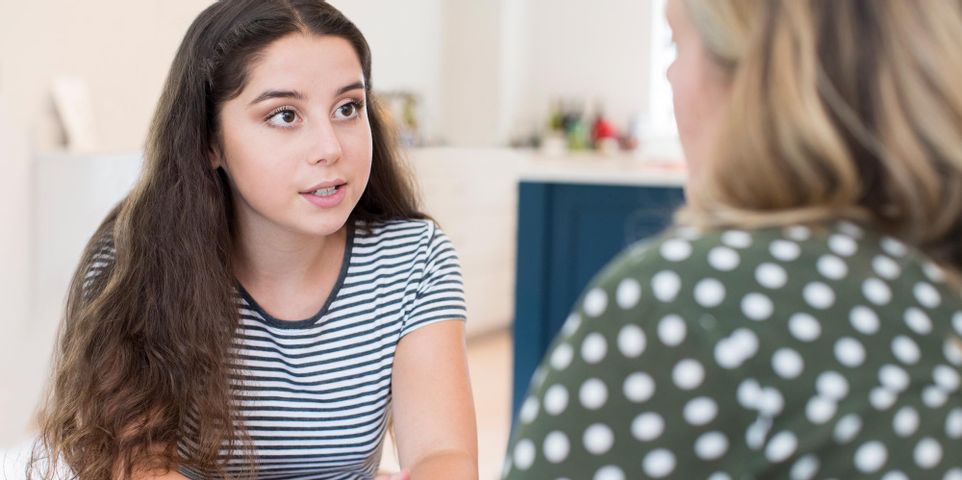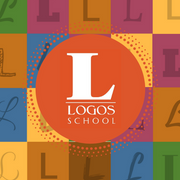
Teenage substance abuse is a critical topic that every family needs to address. It’s important for parents to reach out to their teens and explain the risks and consequences of drug and alcohol use, no matter how difficult a subject it may be. To broach the topic and create constructive dialogue, parents should follow these steps outlined by a youth therapy program.
How to Discuss Drug & Alcohol Abuse With Your Teen
1. Find a Low-Pressure Setting
The last thing you want to do is make your teen feel put on the spot. Casual settings will likely achieve more receptive listeners, so avoid dinner table talks. Try to bring up the conversation while on a walk in the park, or in the hallway before bed. In these situations, you aren’t staring them down, and they’ll feel less trapped in the conversation.
2. Set Clear Expectations
Set firm house rules with your spouse about drug and alcohol usage. Discuss the consequences of broken rules, which should include youth therapy for drug and alcohol abuse, with your teen. Make sure they understand that their health is your first priority, so these guidelines exist only for their own safety.
3. Listen & Be Open
 Talking at your teen rather than with them will likely result in them feeling unheard and misunderstood. These feelings often lead to acting out in the form of risky behavior, causing your conversation to backfire. Be open-minded, keep your cool, and actively listen to what your teen has to say. A talk that goes two ways always ends in more productive conversations.
Talking at your teen rather than with them will likely result in them feeling unheard and misunderstood. These feelings often lead to acting out in the form of risky behavior, causing your conversation to backfire. Be open-minded, keep your cool, and actively listen to what your teen has to say. A talk that goes two ways always ends in more productive conversations.
4. Suggest Alternatives
No matter how calm and well-behaved your teen was growing up, remember that they’re not a child anymore. Research shows that teenagers are naturally inclined to chase thrills and take risks to impress peers. Offer outlets, such as skateboarding or kayaking, that provide excitement in a safer way. If your teen is already abusing drugs and alcohol, youth therapy could help them find constructive ways to cope.
5. Always Offer Support
It is crucial that your teen understands that you’re on their side. You know that being a teenager is often tough and confusing, but it can be comforting to have a trustworthy adult who is willing to listen. Rather than turning to drugs and alcohol, your teen may look to their parents for guidance when they feel lost. If your teen is struggling with addiction and comes to you for help, be supportive and find a youth therapy program that encourages reform and healing.
Recovery is possible for families damaged by substance abuse. Logos School of St. Louis, MO offers a specialized youth therapy program designed to help struggling students succeed. As a therapeutic school, they focus on academics, personal fulfillment, and developing life skills to ensure no students are left behind. Their impressive 6:1 student ratio and staff of licensed therapists make it possible to give every student the individual attention they need to thrive. Learn more about their therapeutic programs online. To speak with a staff member about the admissions process, call (314) 997-7002.
About the Business
Have a question? Ask the experts!
Send your question

